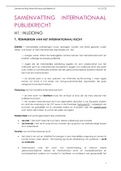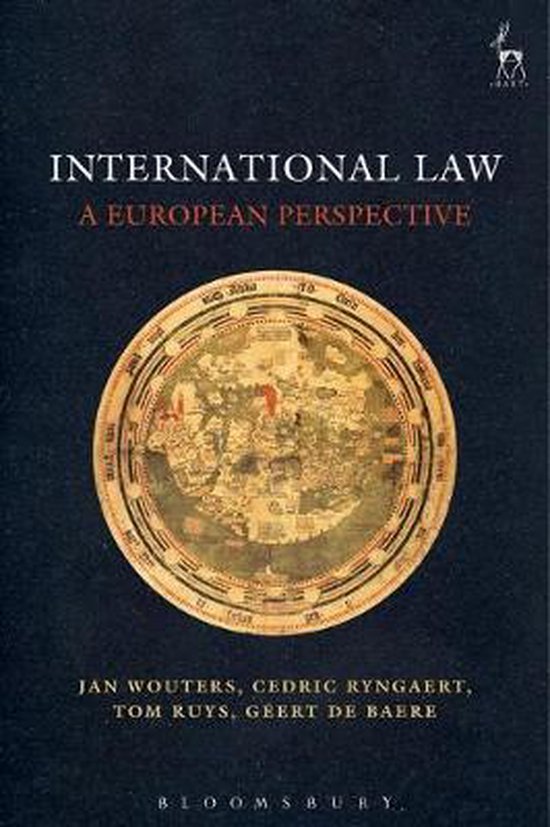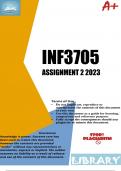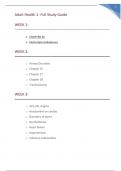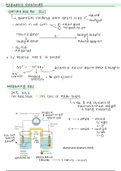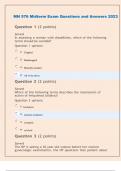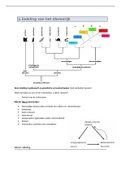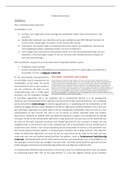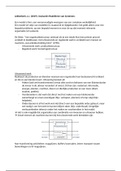Resume
Samenvatting Internationaal Publiekrecht
- Établissement
- Universiteit Gent (UGent)
- Book
- International Law
volledige samenvatting van het vak internationaal publiekrecht gedoceerd door prof. Tom Ruys aan de Universitiet Gent. De samenvatting omvat alle lesnotities en slides + alle gastcolleges - strafrecht - WTO - Crime of Ecocide - GERD en enkele examenvragen die behandeld werden in de les
[Montrer plus]
